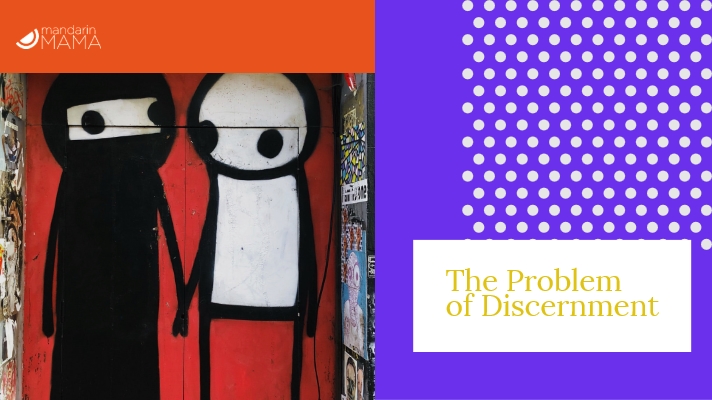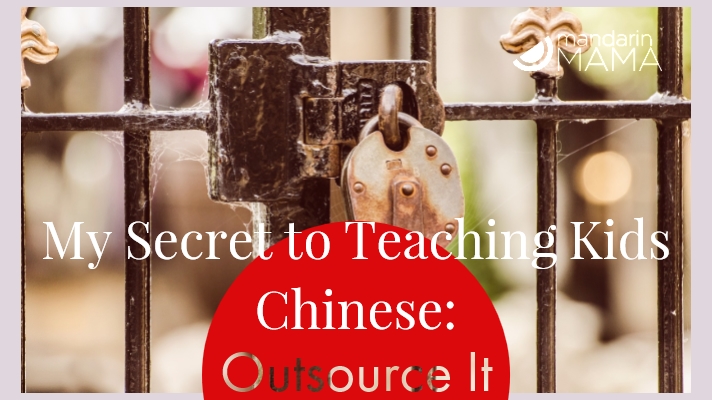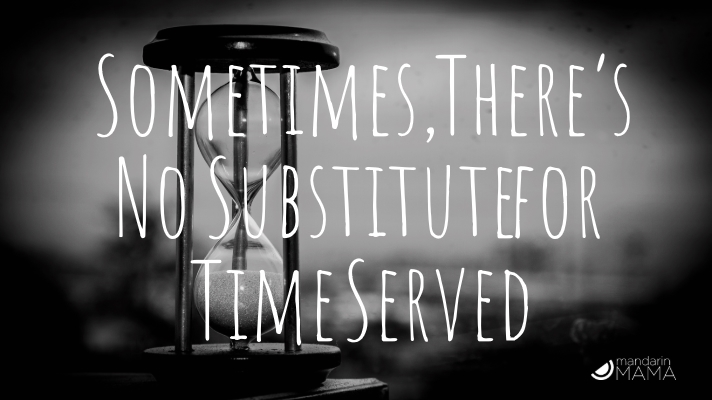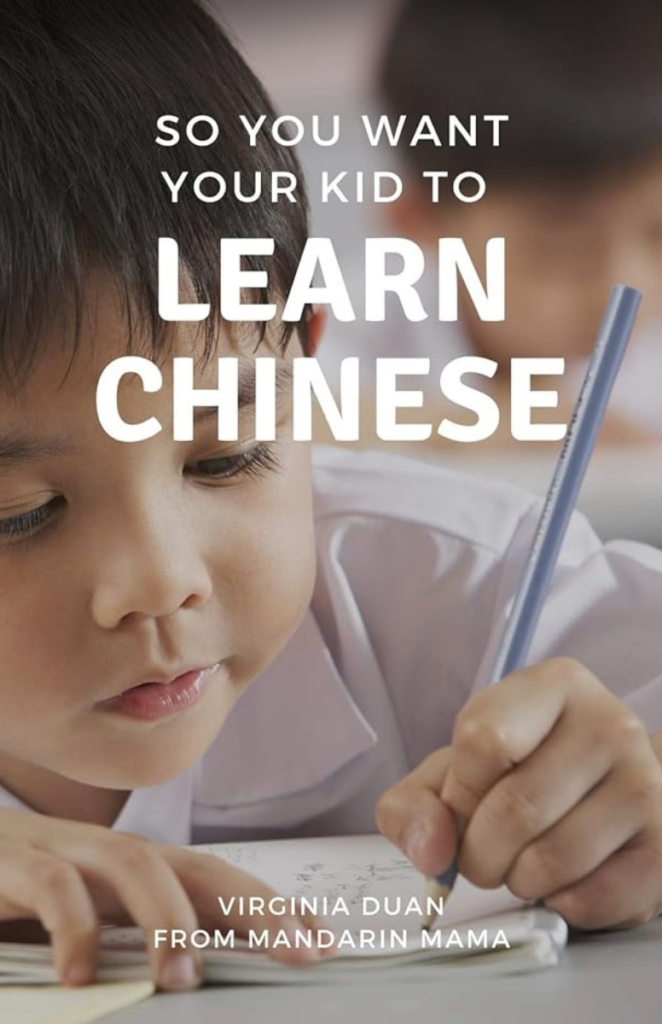
This post was sponsored by Sagebooks. All opinions are mine and mine alone.
This week, we will discuss the problem of discernment – or rather, its lack.
What do I mean? And what does it have to do with teaching kids Chinese?
As citizens of the internet age, we are bombarded on all sides with news, information, tips, hacks, and advice about life in general. If we then add in education and language acquisition, the amount of “information” and “science” increase a billion-fold.
[socialpug_tweet tweet=”The sooner you can deal with the reality in which you live, the quicker you can come up with a strategy that works with your family’s strength and unique situation. #teachkidschinese #bilingualeducation #reality #truthhurts #teachchinese” display_tweet=”The sooner you can deal with the reality in which you live, the quicker you can come up with a strategy that works with your family’s strength and unique situation.”]
If you’re lucky, you are only attacked with a sense of FOMO (Fear of Missing Out) and semi-failure for not being able to apply any of these tips with any great success. At worst, you constantly feel as if you’re a horrible parent who has doomed your child to monolingualism and developmental behindedness with a smidge of emotional blackmail for good measure.
The problem is that there is simply too much information and all of it sounds good (at least temporarily) and then you mentally add the crafts, activities, games, curriculum, books, and classes to that ever-increasing, never diminishing, gigantic list of Things You Need to Do/Buy/Apply Right Now.
Then, you take a figurative look at that enormous list, get overwhelmed, freeze, and continue as you were. Nothing changes and you go back to researching, reading, and adding to that pile.
You might have even felt that same close, oppressed feeling from this very blog.
I try not to make folks feel pressured or shamed, but the very nature of doling out advice is to presume I have the answers to common problems parents may have. Today, I hope to address these feelings in a helpful manner.
1) Understand Who You Are
“Wait a second,” you may be thinking. “I thought this was a blog about Chinese stuff? Not woo-woo self-help!”
Here’s the thing. This is the root of most of our problems as human beings. We don’t know who we are, what we truly want, or what we really will or will not do. Thus, we so often end up living lives out of alignment with what makes us happy.
Why is this important? Because regardless of the level we hope our children reach, teaching our kids Chinese takes work. A lot of concerted, intentional, and hard work. And in the face of that immense effort, it’s a lot easier for everyone if we have an honest assessment of our character, personality, and general flaws.
For instance, do you love or hate crafts and activities? If you love finding new fun things for your children to try, then some of Chinese activities I’ve suggested on the Sagebooks blog are right up your alley. But if you loathe even the merest thought of construction paper, glue, or glitter – or corralling your children into some semblance of order, explaining rules, and then enforcing the rules, these activities are not for you. Even reading about them may stress you out.
Or do you find yourself buying a lot of Chinese books for your children – either for you to read to them or for them to read in the future? Before you buy all these books, are you actually the type of person who will read to your children? In any language? And can you actually read these books? If any of the answers are, “Not remotely,” then you don’t need to buy every single Chinese picture book ever published.
[socialpug_tweet tweet=”We are bombarded on all sides with news, information, tips, hacks, and advice about life in general. Add in education and language acquisition, the amount of “information” and “science” increase a billion-fold. #teachkidschinese #fomo #bilingualeducation” display_tweet=”As citizens of the internet age, we are bombarded on all sides with news, information, tips, hacks, and advice about life in general. If we then add in education and language acquisition, the amount of “information” and “science” increase a billion-fold.”]
Even if you are the type to read to your children, is it financially feasible to buy that many picture books? Will you have the time or will power to read these books to your child? And really, isn’t your kid just going to want you to read that one book a million times while the rest of your book collection sits and gathers dust because there is One Book to Rule Them All and it happens to be the only book you can’t stand?
Do you like teaching your kids things? Do you have the desire or fluency required to teach your children Chinese passively or actively? If so, how do you like to teach? Is it via daily living? Telling stories? Reading stories? Sharing fun games or movies or activities? Or is this what you might consider outsourcing, if financially possible? And if it’s not monetarily probable, are there other activities you are willing to forego so that someone else can help your children with Chinese?
In other words, what makes you tick? What do you enjoy or hate doing? What activities do you not mind or care about either way but are willing to do? Are you someone who needs things to be regularly incorporated into your schedule and daily life or are you someone who is more spontaneous?
Most importantly, is Chinese something on which you actually want to spend the time, resources, and effort required? If so, where does Chinese fit amongst all your other values and priorities? Are there other things you value more or less than Chinese fluency and/or literacy?
Remember, although it seems as if these are loaded and judgmental questions, that is not the intent. There are no right or wrong answers. Just answers that apply to you, your parenting partners, and your children.
2) Accept Who You Are
Yes, again with the woo-woo. But this is super important because though you might have a frank conceptual understanding about who you are, you might not actually accept it.
Now, some people consider weaknesses to be something which we should confront and consistently improve upon. And while I do think self-improvement is a good thing, working with our natural strengths and proclivities is a lot easier and far less depressing.
Just think of your strengths as a current in a river and your weaknesses as going up against a current. It’s not that you cannot go UP a river, it’s just that it requires so much more effort for so little gain. Not only that – you can never stop because the moment you do, you will be swept back farther than where you initially started. (Okay, perhaps this is not a particularly happy or apt analogy, but you get the point.)
[socialpug_tweet tweet=”Regardless of the level we hope our children reach, teaching our kids Chinese takes work. In the face of that immense effort, it’s a lot easier for everyone if we have an honest assessment of our character, personality, and general flaws. #teachkidschinese” display_tweet=”Regardless of the level we hope our children reach, teaching our kids Chinese takes work. A lot of concerted, intentional, and hard work. And in the face of that immense effort, it’s a lot easier for everyone if we have an honest assessment of our character, personality, and general flaws.”]
The sooner you can deal with the reality in which you live, the quicker you can come up with a strategy that works with your family’s strength and unique situation.
3) Work With Who You Are
So, with these delightful thoughts in mind, accept who you are and work within the boundaries of what makes you operate at the highest and most efficient levels.
If you love crafts but hate reading aloud to your children, do all the crafts! Kids love crafts and they can learn a great deal of Chinese this way and associate fun and creativity with learning Chinese. Yes, your children will likely benefit from hearing Chinese stories, but who said you had to read them? There are books that come with CDs/mp3s. Use them. In addition, if there are family members, friends, or teachers that can read to your children in Chinese, have them do it.
If you love giving your children screentime, give all the screentime but in Chinese! There are so many excellent Chinese classes, videos, apps, songs, games, and channels online. Why not harness the power of the internet and the beautiful silence a screen can provide?
Finally…
Now, many of these examples are tongue-in-cheek, but ultimately, I hope this article gives you permission to be who you are. And in case it wasn’t obvious, this also applies to who your children are, too. Who are your children? Accept what type of people they are and find a way to work within the overlap of what you both love or like.
Good luck! Remember, the hardest part of teaching our kids Chinese is the fortitude it takes to look at ourselves and children honestly. But once we do, we can more easily craft a plan that fits our personalities and lifestyles in a way that is natural, comfortable, and satisfying.







